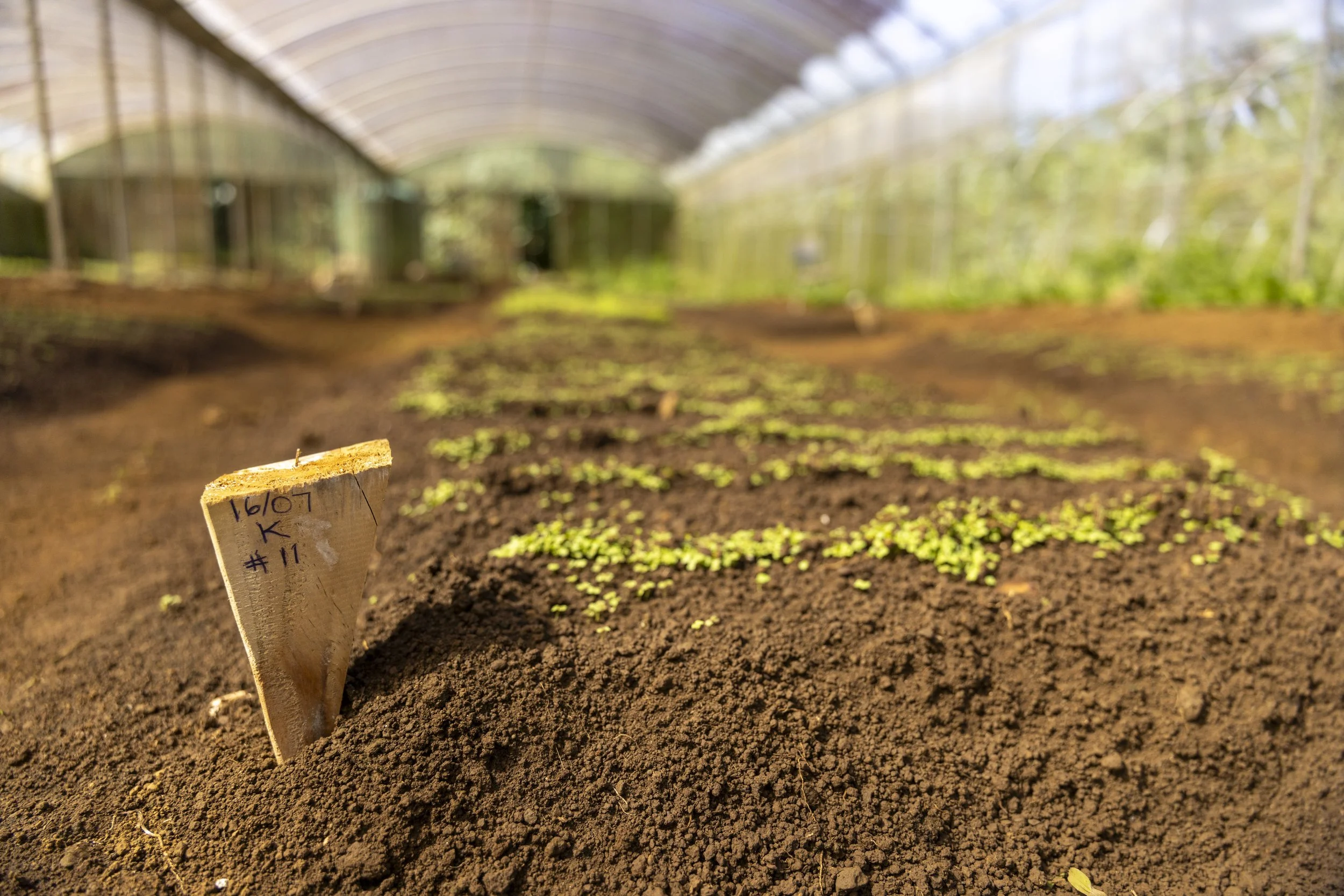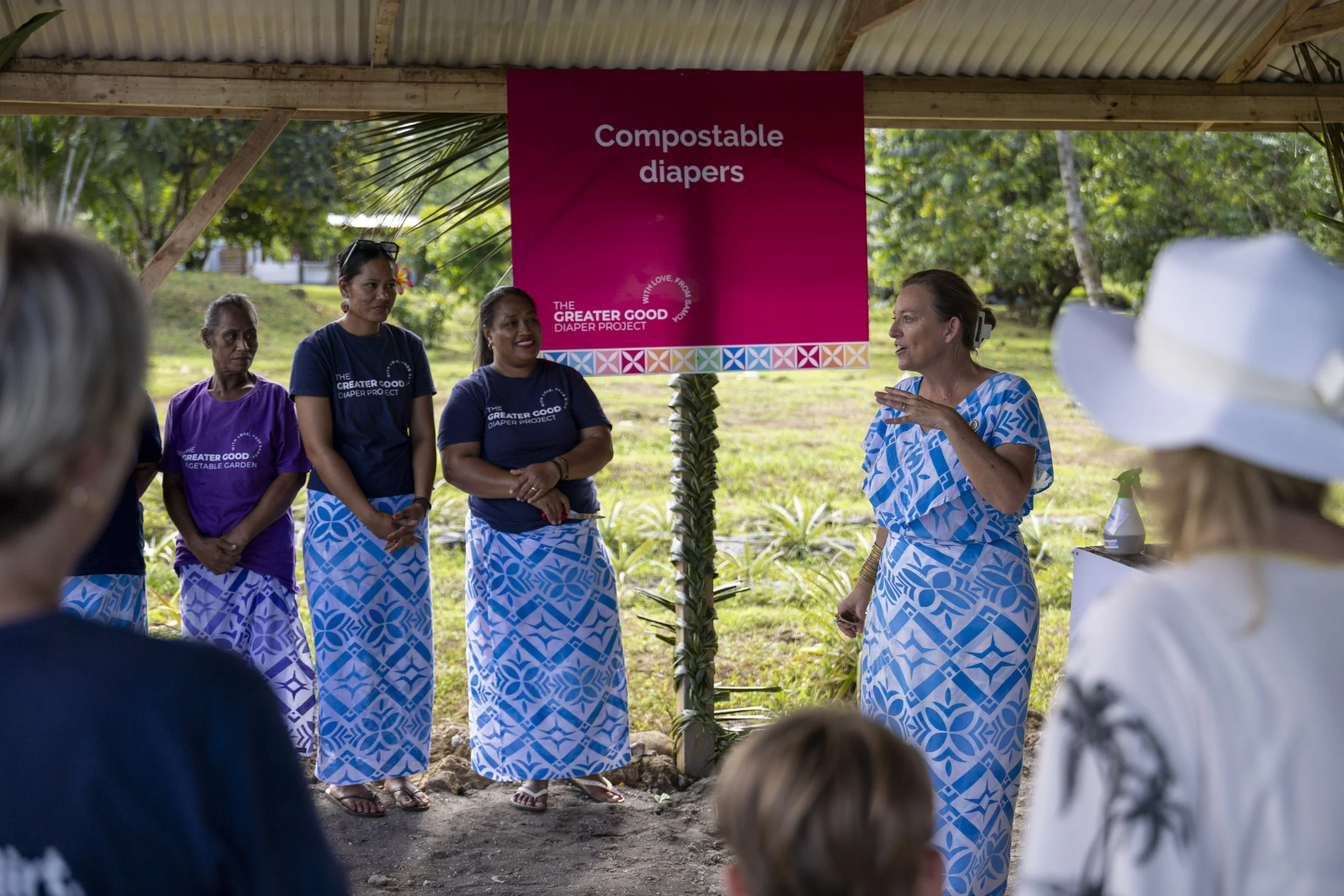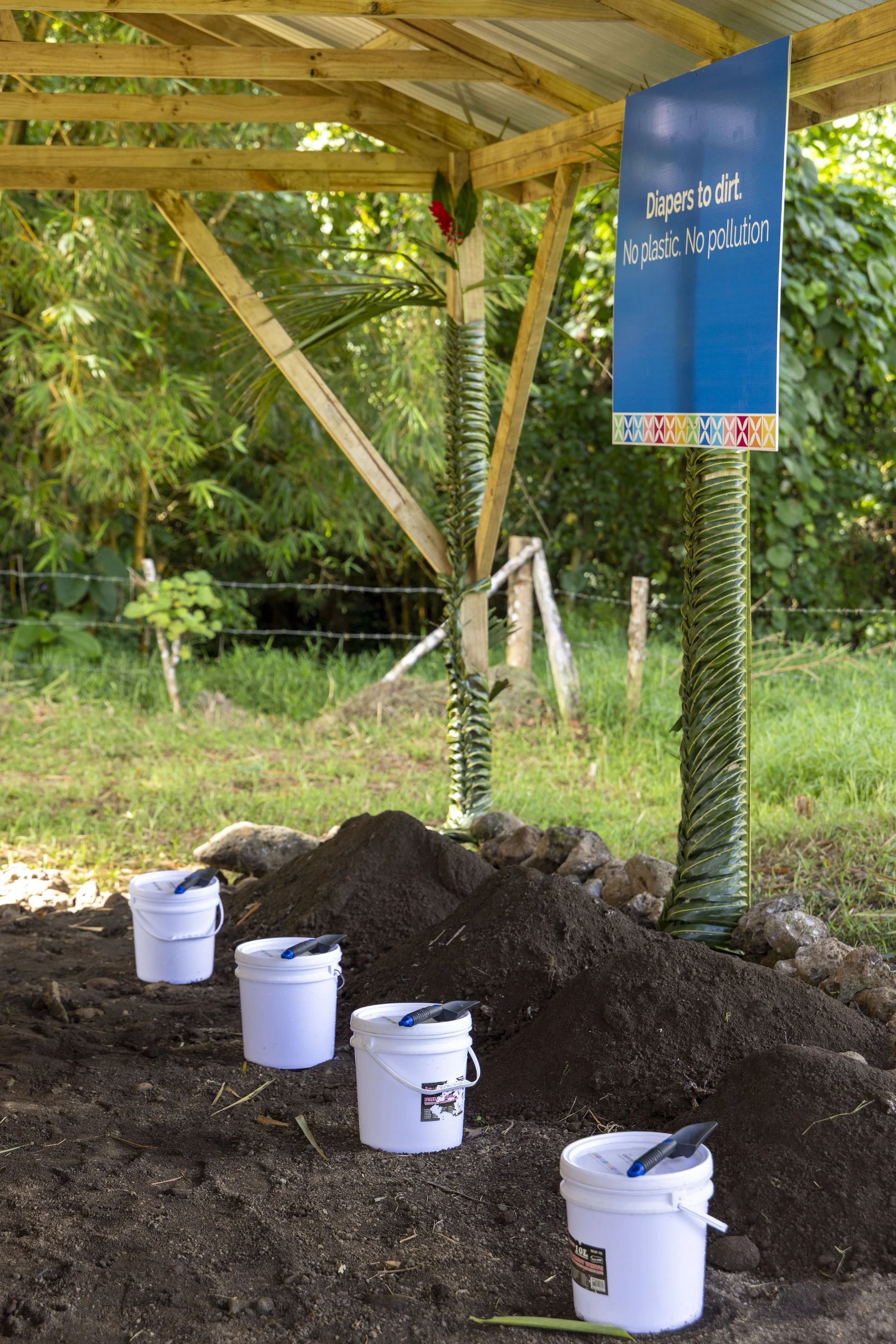
The Greater Good Diaper Project
Diaper Environmental Impact Calculator 🌍
Compare the environmental footprint of standard plastic diapers vs. 100% fully compostable diapers!
Family Size & Potty Training Duration
Results
Standard Diaper Impact
- Total Diapers Used—
- Total Dirty Diaper Weight—
- Total CO₂ Emissions—
- Total Oil Consumed—
Compostable Diaper Impact
- Total Plastic Waste—
- Total CO₂ Emissions—
- Total Oil Used—
- Total Nutrient-Rich Compost Contributed—
Learn how you can be part of this groundbreaking program that has the potential to become the world’s largest and most cost effect plastic waste elimination programs on the planet. Together, our AtlasDaughters community aims to raise $2M in catalytic funding to scale this incredibly impactful initiative.
The Greater Good / AtlasDaughters Co-Funding Opportunity
About our nonprofit partner, The Greater Good Diaper Project
Motherhood unleashes a new depth of strength within us, and when it comes to protecting our children and their environment, we are fierce. Yet diapers are one of the largest contributors to the plastic waste crisis on the planet, destroying the very home we are meant to protect for our children. With 380,000 diapers a minute entering landfills and polluting our oceans, our convenience is costing our children the earth. But necessity is the mother of invention.
Enter The Greater Good Diaper Project - providing the world’s first fully compostable diaper, paired with a collection and composting service. Not only does this stop plastic pollution at the source, but it also allows all diapers to compost into nutrient rich soil, regenerating our natural systems. This project is also designed through a female lens. This simple shift has a profound impact on every aspect of the business, from how work hours are structured to how decisions are made, our partner recognizes that female employees are often caregivers and celebrates this rather than penalizes it. The project empowers mothers and puts women at the center of the solution. No plastic. No garbage.
Although diapers are a global problem, the Governments of the South Pacific are leading with policy. Three countries have legislated a ban on the importation of disposable diapers in order to curb the 185,000 tons of plastic diaper waste polluting the South Pacific each and every year. With diapers accounting for 27% of all waste in the region, both governments and communities are committed to addressing the crisis. The Greater Good Diaper Project is currently working with the support of the Samoan Government on a pilot project, putting mothers at the center of the solution.
This groundbreaking pilot solution was unveiled for The Commonwealth Heads of Government Meeting (CHOGM), where 56 heads of state from the Commonwealth countries gathered in Samoa, in October 2024.
Our goal was to demonstrate the ease and simplicity of the solution to Majesty King Charles III, along with the other Commonwealth leaders, in order to promote replicability. With almost one billion diapers used per year in the South Pacific alone, the solution has the potential to be catalytic and become the single largest plastic pollution prevention program on the planet.
27% of household waste in the South Pacific is diapers.
With diapers now one of the largest contributors to the plastic waste crisis globally (UNEP), The Greater Good Diaper Project replaces plastics with compostable materials, stopping plastic pollution at the source.
"Letter from the Future: An Aspirational Glimpse of a World Free of Plastic Diapers"
by Dr Jason Graham-Nye Co-founder / Co-CEO The Greater Good
A Day in 2050: The World the Greater Good Built
It’s 2050, and nobody thinks about diapers anymore. Not because babies stopped being born — in fact, more children are born today than in any other time in history — but because the problems that once defined babyhood have quietly vanished.
Parents today don’t budget for nappies. They don’t worry about rashes. They don’t carry guilt about mountains of plastic trash piling up in landfills, choking seas, or burning in smoky pits. Those words — landfill, diaper rash, disposable — feel like relics from the Dark Ages, whispered only in history class
Instead, every baby is welcomed into a system that simply works. Their first nappy arrives not from a shop shelf but from their community. Soft, plant-based, endlessly compostable, and free. The parents smile — not because they “bought” it, but because they are part of a living cycle. Every soiled nappy goes back into the same loop that grew it: collected from homes, turned into safe compost, nourishing the soil that will feed the crops that will grow the next generation of nappies. Babies wear them, soils thrive from them, and parents never once pay for them.
And babies? They leave nappies behind by their first birthday. Around the world, it’s simply expected — twelve months and done. Children crawl, then walk, without ever dragging around years of plastic taped to their bodies. The cultural idea of “toddler in diapers” is gone, replaced by a new rhythm: babies learning quickly, confidently, supported by systems designed for their health, not corporate profit.
Communities thrive too. Women once excluded from formal economies now lead them. The collection and composting systems employ millions, dignified jobs built not on extraction but on regeneration. The “diaper ladies” of the Pacific, once seen as small-scale pioneers, became the blueprint for a global industry of care — care for children, care for land, care for community.
By 2050, plastic diapers have gone the way of leaded petrol, asbestos, and the horse-drawn carriage. When children today hear that in 2025, 30% of household waste in Samoa was nappies, or that landfills overflowed with 450 billion plastic diapers a year, they laugh in disbelief. How did anyone tolerate that?
What replaced it is not just a better diaper, but a better system:
Plastic is a memory — gone, banned, irrelevant.
Landfills are obsolete — cities design for flow, not dumps.
Waste is wealth — every material is nutrient, circulating back into soil or industry.
Parents don’t pay — polluters and plastic-avoiders finance the system, turning a liability into a public good.
Babies thrive — rash-free, quick to independence, healthier than any generation before.
Communities own it — women-led enterprises run the cycle, feeding their families by keeping materials in motion.
And here’s the quiet magic: you don’t notice it. Just as no one today marvels at clean tap water or electric light, parents of 2050 don’t pause to admire the compostable nappies or the free service. They just live it. They take their children to the park, sleep soundly at night, dream big dreams — because the invisible systems of care, dignity, and circularity hum reliably in the background.
The Greater Good Project started small, on islands that were drowning in plastic, where diapers made up nearly a third of all waste. Today, those islands are celebrated as the spark that lit a global shift. They showed the world that diapers could be the first domino — proof that even the messiest, most personal, most “impossible” waste stream could be redesigned.
And once diapers fell, so did everything else. Plastics disappeared. Waste disappeared. “Disposable” disappeared.
Now, every child born enters a story not of scarcity, guilt, and pollution — but of abundance, dignity, and care.
And the most surprising part? When you look around this 2050 world, you see yourself in it. You see your own children, or grandchildren, toddling out of diapers before their first birthday, never knowing the word “landfill.” You see your street, your city, your community, cleaner, richer, calmer. You see yourself living lighter, freer — part of a story that began with something as simple, as universal, as a baby’s first nappy.
Dr Jason Graham-Nye
Co-founder / Co-CEO
The Greater Good











